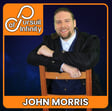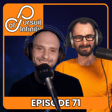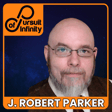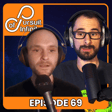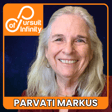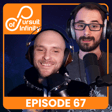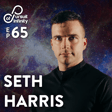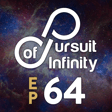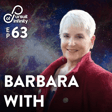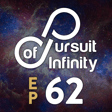
59. Psychedelic Theology with Kaleb Graves
This week we have a super interesting conversation with self proclaimed “Psychedelic Theologist” Kaleb Graves. Kaleb is a Baptist Minister whose life was profoundly changed by the spiritual and metaphysical implications of his exploration with psychedelics. Disappointed by the lack of informed voices that sought to seriously address these substances and the experience that they induce within the context of the Christian faith, he attended and graduated from Duke Divinity School where he explored these implications for himself, and he continues to fill the gap between psychedelics and religion by studying the mind, theology, and altered states of consciousness. The result of his work, he calls Psychedelic Theology which is a resource for psychonauts who have religious experiences, and for religious folks who have mystical experiences as a result of psychedelic use and need assistance on how to connect their experience with their faith. Head on over to psychedelictheology.com to connect with Kaleb and digest the amazing work he is doing.
https://www.psychedelictheology.com/ https://www.instagram.com/psychedelic_theology/ https://www.instagram.com/jkalebgraves/
_________________
Music By Nathan Willis RIP
Follow Pursuit Of Infinity:
www.PursuitOfInfinity.com
Discord: https://discord.io/pursuitofinfinity
YouTube: https://www.youtube.com/channel/UCPpwtLPMH5bjBTPMHSlYnwQ
Spotify: https://open.spotify.com/show/58he621hhQ7RkajcmFNffb
Apple Podcasts: https://podcasts.apple.com/ca/podcast/pursuit-of-infinity/id1605998093
Instagram: https://www.instagram.com/pursuitofinfinitypod/
Patreon: Patreon.com/PursuitOfInfinity








